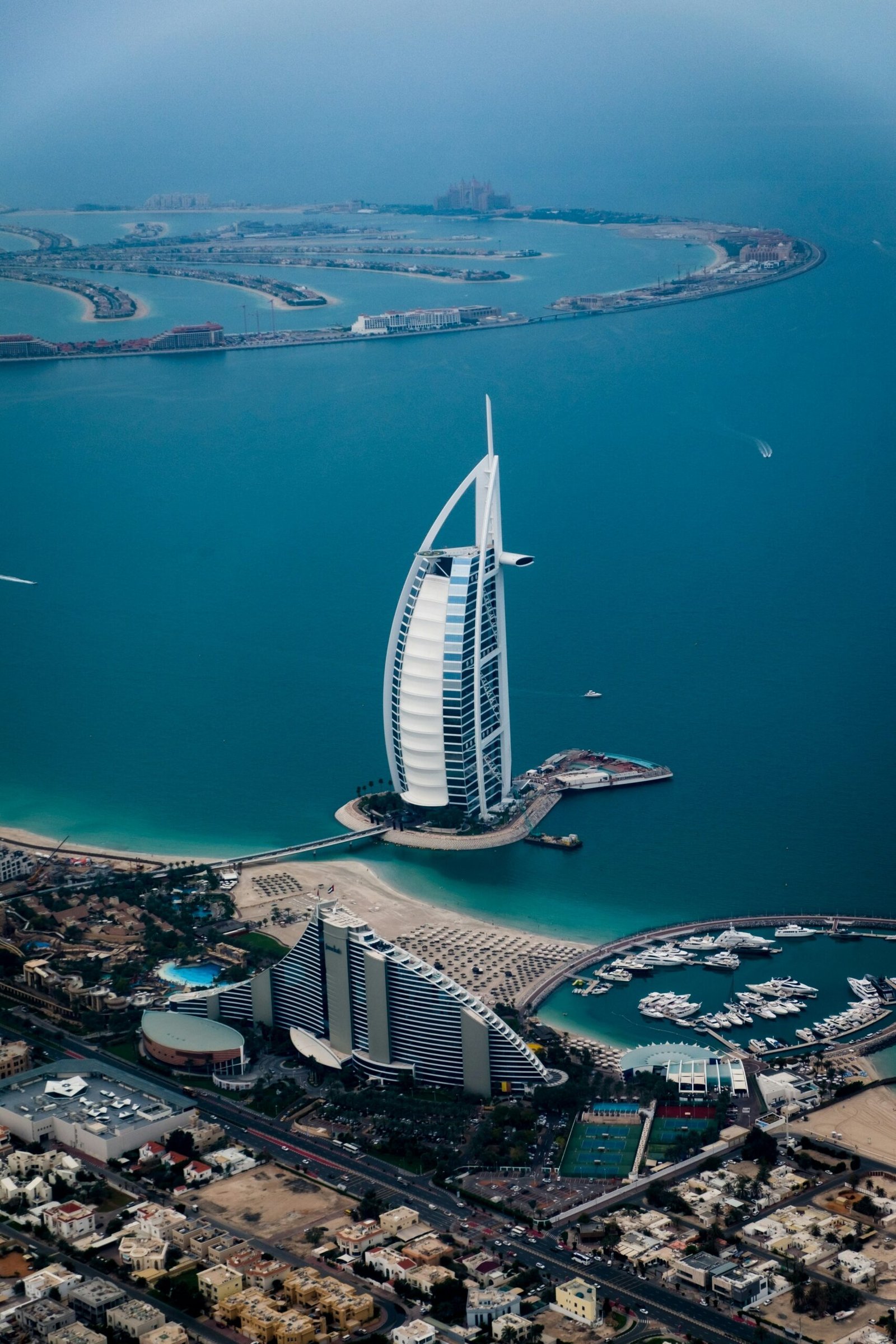Introduction
Setting up a business in Dubai can be an exciting and lucrative opportunity. With its strategic location, strong economy, and business-friendly environment, Dubai has become a global hub for trade and commerce. When it comes to business setup, entrepreneurs have two main options to choose from: Dubai Mainland and Free Zones. In this article, we will explore the pros and cons of setting up a business in Dubai Mainland and compare it to Free Zones, with a particular focus on taxes.
Setting up a Business in Dubai Mainland
Dubai Mainland refers to the areas in Dubai that are regulated by the Dubai Economic Department (DED). Setting up a business in Dubai Mainland offers several advantages, including:
1. Wide Range of Business Activities: Dubai Mainland allows businesses to engage in a wide range of activities, including trading, manufacturing, and services. This flexibility provides entrepreneurs with more opportunities to explore different sectors and expand their business.
2. Access to Local Market: One of the key advantages of setting up a business in Dubai Mainland is the access to the local market. Businesses in Dubai Mainland can freely trade with other companies in the UAE and have the opportunity to tap into the growing consumer base in Dubai.
3. No Limit on Office Locations: Unlike Free Zones, Dubai Mainland allows businesses to set up their offices in any location within the city. This provides more flexibility in choosing a strategic location that is convenient for both clients and employees.
However, setting up a business in Dubai Mainland also comes with certain challenges and considerations, including:
1. Local Sponsorship Requirement: In Dubai Mainland, foreign investors are required to have a local sponsor or partner, who holds at least 51% of the shares in the company. While this requirement helps to establish a local connection and navigate the business landscape, it also means that the local sponsor has a majority stake in the company.
2. Potential Competition: Dubai Mainland is a highly competitive market, with numerous businesses operating in various sectors. This can make it challenging for new businesses to establish themselves and compete effectively.
3. Taxation: When it comes to taxes, Dubai Mainland follows the UAE’s federal tax system, which includes corporate tax, value-added tax (VAT), and other applicable taxes. The corporate tax rate is generally 0%, except for certain sectors such as oil, gas, and banking. Additionally, businesses in Dubai Mainland are required to register for VAT if their annual turnover exceeds the threshold set by the government.
Setting up a Business in Dubai Free Zones
Dubai Free Zones are designated areas that offer special incentives and benefits to businesses, including 100% foreign ownership, tax exemptions, and simplified incorporation processes. Here are some of the advantages of setting up a business in Dubai Free Zones:
1. 100% Foreign Ownership: One of the major attractions of Free Zones is that they allow 100% foreign ownership. This means that entrepreneurs can have full control and ownership of their businesses without the need for a local sponsor.
2. Tax Benefits: Free Zones in Dubai offer tax exemptions on corporate tax, personal income tax, and import/export duties. This can significantly reduce the overall cost of doing business and enhance profitability.
3. Simplified Incorporation Process: Setting up a business in a Free Zone is generally faster and more streamlined compared to Dubai Mainland. The Free Zone authorities provide dedicated support and services to assist businesses in the setup process.
However, there are also certain limitations and considerations when it comes to setting up a business in Dubai Free Zones, including:
1. Limited Business Activities: Each Free Zone in Dubai is designed for specific industries or sectors. This means that businesses operating in a Free Zone are restricted to the activities allowed within that particular Free Zone. If a business wants to engage in activities outside the Free Zone, it would need to establish a separate entity in Dubai Mainland.
2. Restricted Local Market Access: Businesses in Free Zones are primarily geared towards international trade and are not allowed to freely trade within the local market. If a business wants to sell its products or services to customers in the UAE, it would need to partner with a local distributor or establish a branch in Dubai Mainland.
3. Renewal and Annual Fees: Free Zone companies are required to pay annual license renewal fees and other charges set by the Free Zone authorities. These fees can vary depending on the size and type of business.
Tax Comparison: Dubai Mainland vs Free Zones
When it comes to taxes, there are some key differences between Dubai Mainland and Free Zones. In Dubai Mainland, businesses are subject to corporate tax, VAT, and other applicable taxes. The corporate tax rate is generally 0%, except for certain sectors. On the other hand, businesses in Free Zones enjoy tax exemptions on corporate tax, personal income tax, and import/export duties.
It is important to note that while Free Zones offer tax benefits, they also have certain restrictions, such as limited local market access and restricted business activities. Therefore, businesses need to carefully consider their specific requirements and objectives before deciding whether to set up in Dubai Mainland or a Free Zone.
Conclusion
Setting up a business in Dubai Mainland and Free Zones both have their advantages and considerations. Dubai Mainland offers a wide range of business activities and access to the local market, but comes with the requirement of a local sponsor and potential competition. Free Zones, on the other hand, provide 100% foreign ownership, tax benefits, and a simplified setup process, but have limitations on business activities and local market access.
When it comes to taxes, Dubai Mainland follows the UAE’s federal tax system, while Free Zones offer tax exemptions. Ultimately, the choice between Dubai Mainland and Free Zones depends on the specific needs and objectives of each business. It is recommended to seek professional advice and conduct thorough research before making a decision on business setup in Dubai.


